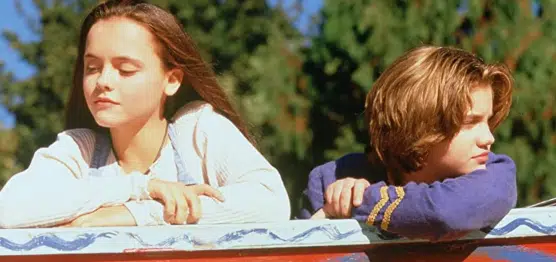When Rogue One (2016) came out, Brazil was going through political turmoil — very similar to what’s happening in the US today. During that time I was working both as writer and pop culture critic and, as a lifelong fan of Star Wars, Jin Erso and her crew felt like a breath of fresh air into my desperately nerdy depressed life. Like much of Star Wars, even if some men on the internet insist it’s not the case, Rogue One came with a clear and political message: we fight for what we believe, we do not tolerate tyrants.
I first wrote about Rogue One back when the movie came out. And it’s quite haunting to think that the words I wrote almost ten years ago are still so relevant in today’s historical moment.
In times like the ones we live in, where fascist and reactionary discourse gain strength, Rogue One brings a message of hope. One that is neither empty nor romanticized, but a message that is brutally honest: even hope has a price.
The movie follows Jin Erso (Felicity Jones), a woman who lost faith in the Rebel Alliance. She lost everything in the fight against the Empire. When everything you care about is taken away from you, the line between the tyrannical government and the fight against it can become blurred. When all hope is lost, what do you even fight for?
Rogue One was the first cinematic view of a Star Wars adventure without the Jedi. It was the first time the movie audience met a story-line that had no Sith or Jedi, where the heroes were foot soldiers. Those who died unnamed and unrewarded. As we walk through this path of uncertainty, I’m sure you can think of a few names or faces that have been in our collective minds in the past two years, and in the past few months.
The movie explores something that will also be present in The Last Jedi (2017) and, years later, in Andor (2022-2025): the political and economic affairs of running a rebellion. While we do have the rebels who face danger on a personal everyday level, there is also the need to have rebels inside the machinery, operating it in favor of the cause – much like we need to have political leaders working inside the government, using that machinery to advance the causes we, the people, are fighting and campaigning for.
However, if there’s something I learned in all my years working to promote and expand diversity, equality and inclusion, is that we can organize, demand and fight for change -- but if the political class doesn’t do it’s part, then our work might come to no fruition. When the ones in power are too afraid of losing points with a fictional middle ground, then that means they are okay with burning a few soldiers to keep their own power safe. There is no middle ground when we are talking about tyrannical fascist forms of government – be in a Galaxy Far Far Away, be it here today.
The fuel that allows the Rebel Alliance to run is the people who burn more ardently for the cause. We were used to seeing them as sad collateral casualties in hard-to-understand X-Wing versus Tie Fighters space battles -- they explode and we don’t think much of it. In Rogue One they are the protagonists, and because of that, they make for such charismatic and tragic characters.
When Rogue One starts we already know none of them survived and, at each death you wish, in a hopeless prayer, that the next character will make it out of the planet alive. This is the kind of hope Rogue One explores, one that needs to keep moving, even as we lose a part of ourselves in the journey. We believe that our work and our pain will keep the fight for a brighter and better future alive. We hope.






















































View replies 0
View replies 0
View replies 0